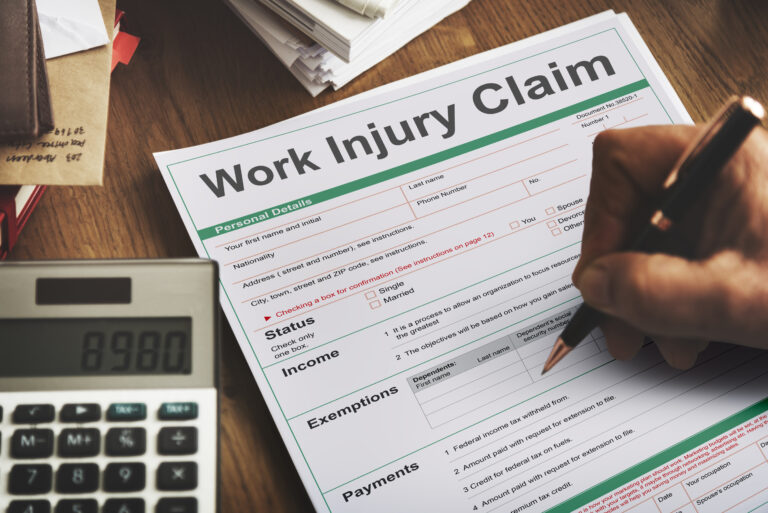
In the unfortunate event of a personal injury, insurance companies play a vital role in the process of seeking compensation.
Understanding the role of insurance companies is crucial for individuals pursuing personal injury claims, as it can greatly impact their chances of receiving fair and just compensation.
This comprehensive guide explores the role of insurance companies in personal injury claims, providing valuable insights into the process and offering tips for navigating through the complexities.
The Role of Insurance Companies in Personal Injury Claims: An Overview
Personal injury claims involve seeking compensation for damages and injuries resulting from accidents or incidents caused by another party’s negligence or wrongdoing.
Insurance companies step in to provide coverage and financial protection to the responsible party, ensuring that victims receive the compensation they deserve.
Let’s delve deeper into the various aspects of insurance companies’ role in personal injury claims.
Understanding Insurance Coverage
What is Insurance Coverage?
Insurance coverage refers to the agreement between an individual or business (the policyholder) and an insurance company, where the insurer agrees to provide financial protection in exchange for premium payments.
In personal injury cases, insurance coverage is crucial as it serves as a source of compensation for the injured party.
Types of Insurance Coverage
There are various types of insurance coverage that can come into play in personal injury claims. Some common types include:
- Auto Insurance: Auto insurance policies cover damages and injuries resulting from car accidents. This coverage ensures that victims receive compensation for medical expenses, property damage, and lost wages.
- Homeowner’s Insurance: Homeowner’s insurance provides coverage for injuries that occur on a property. If someone is injured due to negligence on the property owner’s part, this insurance can provide compensation for medical bills, rehabilitation costs, and other related expenses.
- General Liability Insurance: General liability insurance is typically carried out by businesses to protect against claims related to bodily injury or property damage. It can provide coverage for injuries that occur on business premises or as a result of the business’s operations.
The Claims Process: Navigating the Path to Compensation
Filing a Claim
When an individual sustains a personal injury, the first step is to file a claim with the responsible party’s insurance company. This involves providing detailed information about the incident, including the nature of the injury, medical records, and any supporting evidence. It’s essential to be thorough and accurate when filing a claim to ensure that all relevant information is considered.
Investigation and Evaluation
Upon receiving a claim, the insurance company initiates an investigation to assess the validity of the claim. They will review the provided evidence, speak to involved parties and witnesses, and evaluate the extent of the injuries and damages. This investigation aims to determine the insurance company’s liability and the appropriate compensation amount.
Settlement Negotiation
Once the investigation is complete, the insurance company will begin negotiations for a settlement. They will offer an initial settlement amount, which may or may not be sufficient to cover the victim’s losses adequately. It’s crucial to approach settlement negotiations strategically and with the support of legal counsel to ensure a fair outcome.
Litigation as a Last Resort
If settlement negotiations fail to reach a satisfactory resolution, litigation may become necessary. This involves taking the personal injury claim to court, where a judge or jury will determine the outcome. Litigation can be a complex and lengthy process, but it provides an avenue for seeking maximum compensation when negotiations fall short.
How long does the personal injury claims process typically take?
Are insurance companies obligated to provide compensation for personal injury claims?
Can I handle a personal injury claim without hiring an attorney?
What factors can affect the amount of compensation I receive?
Can insurance companies deny a personal injury claim?
What steps can I take to strengthen my personal injury claim?
Insurance companies play a crucial role in personal injury claims, providing coverage and financial protection to both the responsible party and the injured individuals seeking compensation. Understanding the claims process, the role of insurance coverage, and the negotiation strategies involved can significantly impact the outcome of a personal injury claim.
By seeking legal representation and arming yourself with knowledge, you can protect your rights, secure fair compensation, and navigate the complexities of the personal injury claims process.
Resources: How Do Insurance Companies Calculate Personal Injury Claims?